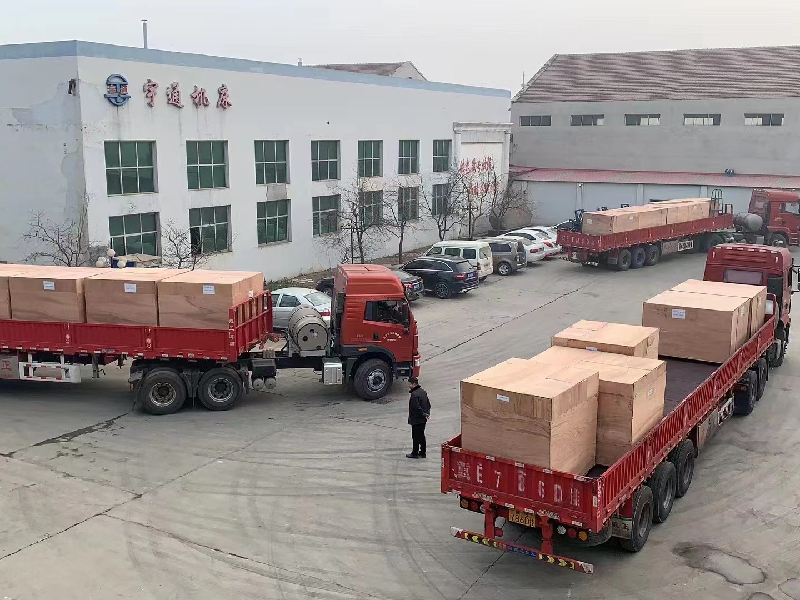
-
 Afrikaans
Afrikaans -
 Albanian
Albanian -
 Amharic
Amharic -
 Arabic
Arabic -
 Armenian
Armenian -
 Azerbaijani
Azerbaijani -
 Basque
Basque -
 Belarusian
Belarusian -
 Bengali
Bengali -
 Bosnian
Bosnian -
 Bulgarian
Bulgarian -
 Catalan
Catalan -
 Cebuano
Cebuano -
 Corsican
Corsican -
 Croatian
Croatian -
 Czech
Czech -
 Danish
Danish -
 Dutch
Dutch -
 English
English -
 Esperanto
Esperanto -
 Estonian
Estonian -
 Finnish
Finnish -
 French
French -
 Frisian
Frisian -
 Galician
Galician -
 Georgian
Georgian -
 German
German -
 Greek
Greek -
 Gujarati
Gujarati -
 Haitian Creole
Haitian Creole -
 hausa
hausa -
 hawaiian
hawaiian -
 Hebrew
Hebrew -
 Hindi
Hindi -
 Miao
Miao -
 Hungarian
Hungarian -
 Icelandic
Icelandic -
 igbo
igbo -
 Indonesian
Indonesian -
 irish
irish -
 Italian
Italian -
 Japanese
Japanese -
 Javanese
Javanese -
 Kannada
Kannada -
 kazakh
kazakh -
 Khmer
Khmer -
 Rwandese
Rwandese -
 Korean
Korean -
 Kurdish
Kurdish -
 Kyrgyz
Kyrgyz -
 Lao
Lao -
 Latin
Latin -
 Latvian
Latvian -
 Lithuanian
Lithuanian -
 Luxembourgish
Luxembourgish -
 Macedonian
Macedonian -
 Malgashi
Malgashi -
 Malay
Malay -
 Malayalam
Malayalam -
 Maltese
Maltese -
 Maori
Maori -
 Marathi
Marathi -
 Mongolian
Mongolian -
 Myanmar
Myanmar -
 Nepali
Nepali -
 Norwegian
Norwegian -
 Norwegian
Norwegian -
 Occitan
Occitan -
 Pashto
Pashto -
 Persian
Persian -
 Polish
Polish -
 Portuguese
Portuguese -
 Punjabi
Punjabi -
 Romanian
Romanian -
 Russian
Russian -
 Samoan
Samoan -
 Scottish Gaelic
Scottish Gaelic -
 Serbian
Serbian -
 Sesotho
Sesotho -
 Shona
Shona -
 Sindhi
Sindhi -
 Sinhala
Sinhala -
 Slovak
Slovak -
 Slovenian
Slovenian -
 Somali
Somali -
 Spanish
Spanish -
 Sundanese
Sundanese -
 Swahili
Swahili -
 Swedish
Swedish -
 Tagalog
Tagalog -
 Tajik
Tajik -
 Tamil
Tamil -
 Tatar
Tatar -
 Telugu
Telugu -
 Thai
Thai -
 Turkish
Turkish -
 Turkmen
Turkmen -
 Ukrainian
Ukrainian -
 Urdu
Urdu -
 Uighur
Uighur -
 Uzbek
Uzbek -
 Vietnamese
Vietnamese -
 Welsh
Welsh -
 Bantu
Bantu -
 Yiddish
Yiddish -
 Yoruba
Yoruba -
 Zulu
Zulu
CE Certified Hydraulic Thread Rolling Machine for Precision Manufacturing and Enhanced Performance
CE Certification and the Hydraulic Thread Rolling Machine
In today's rapidly evolving industrial landscape, ensuring the quality and safety of machinery is more critical than ever. One of the vital components in this process is the CE certification, especially for machinery such as the hydraulic thread rolling machine. This article aims to explore the importance of CE certification, how it applies to hydraulic thread rolling machines, and the benefits it brings to manufacturers and users alike.
Understanding CE Certification
CE marking is a certification mark that indicates conformity with health, safety, and environmental protection standards for products sold within the European Economic Area (EEA). It serves as a passport for manufacturers, proving that their products meet rigorous European safety requirements. The CE mark is essential for gaining access to the European market and often serves as a benchmark for quality internationally.
The process of acquiring CE certification can be rigorous, involving testing, inspection, and documentation to demonstrate compliance with various European directives relevant to the specific product type. For hydraulic thread rolling machines, this might include adherence to the Machinery Directive, the Low Voltage Directive, and the Electromagnetic Compatibility Directive.
Significance of Hydraulic Thread Rolling Machines
Hydraulic thread rolling machines play a critical role in the manufacturing industry, enabling the production of threaded components used in various applications, from automotive parts to construction materials. These machines are designed to produce high-precision threads efficiently, utilizing hydraulic power to ensure consistent performance and quality.
Given their extensive use, it is paramount that these machines meet international safety standards. The hydraulic systems involved can pose specific risks, including hydraulic fluid leaks, pressure explosions, and mechanical failures. CE certification ensures that manufacturers have implemented the necessary safety features to protect operators and the environment from potential hazards.
The CE Certification Process for Hydraulic Thread Rolling Machines
The certification process for hydraulic thread rolling machines typically involves several key steps
1. Risk Assessment Manufacturers must identify potential hazards associated with the machine's design and function. This assessment informs safety measures and design modifications.
2. Testing and Evaluation The machine must be tested to ensure compliance with relevant safety and performance standards. This stage may involve both laboratory testing and real-world trials.
ce certification hydraulic thread rolling machine

4. Declaration of Conformity Once all aspects are aligned with CE requirements, the manufacturer can issue a Declaration of Conformity, allowing them to affix the CE mark to their products.
5. Ongoing Compliance Manufacturers must continue to ensure that all produced machines comply with CE standards, adapting to any updates in regulations.
Benefits of CE Certification for Hydraulic Thread Rolling Machines
Achieving CE certification offers numerous benefits, both for manufacturers and end-users
- Marketability CE certification enhances the marketability of hydraulic thread rolling machines. It signals to customers that the product is reliable, safe, and of high quality, which can be a significant competitive advantage.
- Customer Confidence End-users are more likely to trust products that meet international safety standards. CE certification provides reassurance that the machinery has undergone thorough testing and meets essential safety requirements.
- Legal Compliance For manufacturers, CE marking ensures compliance with European laws, reducing the risk of legal issues and potential financial penalties associated with non-compliance.
- Enhanced Safety Ultimately, the thorough testing and evaluation process mandated by CE certification lead to safer machines, reducing the likelihood of accidents and injuries in the workplace.
Conclusion
In conclusion, CE certification is a crucial element in the production of hydraulic thread rolling machines, ensuring safety, quality, and market readiness. As industries continue to prioritize compliance and sustainability, manufacturers must not only focus on the functionality of their products but also on adhering to established safety standards. The investment in obtaining CE certification communicates a commitment to quality and responsibility, setting a strong foundation for success in the competitive landscape of machine manufacturing.
